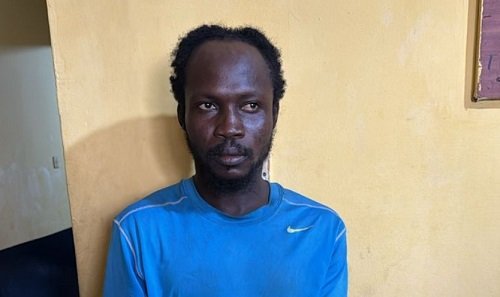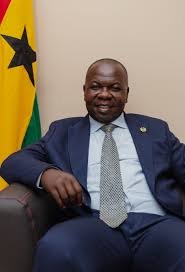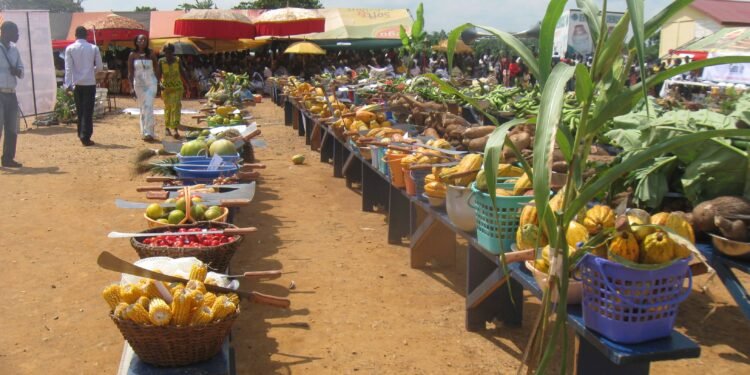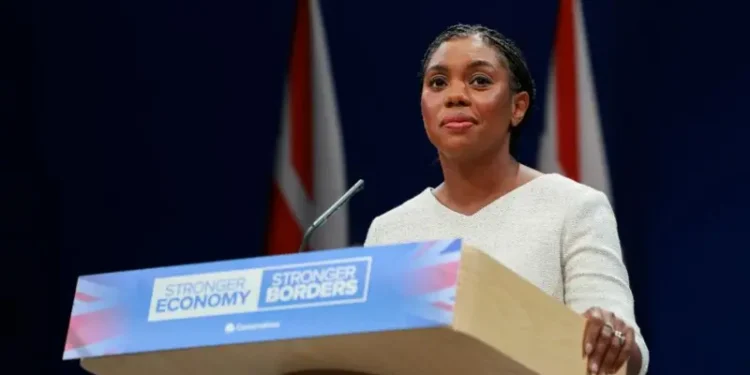In recent years, social media platforms like TikTok have become powerful stages for political speech, activism, satire—and, sometimes, heated rhetoric or threats.
In Ghana, several individuals have been arrested, charged, or granted bail for videos or livestreams containing threats or offensive remarks targeting President John Mahama, First Lady Lordina Mahama, or other government officials.
There is growing concern about how such cases are handled: under what legal provisions, with what evidence, and with what penalties.
A Ghanaian TikToker, David Kwodow Prah Afful, popularly known as Kwame Nkrumah II, has been sentenced to seven months in prison for threatening to kill President John Dramani Mahama and other government officials in a viral video.
Afful, whose TikTok livestream contained alarming threats of violence, appeared before the Accra Circuit Court, where he pleaded guilty to two charges: threat of death and offensive conduct conducive to the breach of peace.
During proceedings, he pleaded for forgiveness from the President and other government officials, admitting that his behavior was reckless and unacceptable.
Afful was arrested by the Ghana Police Service after his video gained widespread attention on social media. He was picked up from a hideout near Kasoa Market .

In the now-deleted video, Afful is heard threatening to kill Members of Parliament, civil servants, journalists, and others if he had access to a gun or cutlass. He also threatened to burn marketplaces and encouraged viewers to engage in similar acts of violence.
He allegedly targeted individuals using government-registered green number plates, describing them as enemies of the people.
The Ghana Police Service, in a statement following the arrest, reiterated its stance on freedom of speech, but emphasized that such freedoms do not extend to inciting violence or public disorder.
“While the Ghana Police Service upholds freedom of expression, it will not tolerate statements that incite violence, insecurity, or public disorder,” the statement read.
Afful’s imprisonment marks one of the most high-profile examples in recent months of the government’s crackdown on incendiary online behavior.
Legal and Human Rights Implications
Democracies tend to allow a wide range of political speech, including criticism of leaders—even harsh criticism. But threats of violence are usually beyond protected speech. The challenge is distinguishing between hyperbole, satire, or anger, and real threats that could incite violence or fear.
Laws must clearly define what constitutes a punishable threat. Vagueness lead to abuse, overreach, or chilling effect—where people self‑censor out of fear of legal consequences. The arrest of people for “offensive conduct likely to cause a breach of the peace” hinges on what “likely” means, on what standard of evidence is acceptable, and on who decides interpretation.

In the Ghana cases, video evidence (forensic captures of livestreams) are being used. It’s vital that evidence is preserved properly, chain of custody respected, and that accused persons have access to adequate legal defense. Courts granting bail suggest due process is underway.
If someone is convicted, the sentence should be proportionate to the harm: how serious was the threat, was there intent, was there risk of harm, was it repeated, etc. If the public believes sentences are arbitrary or harsh, that erodes trust in the justice system.
In a healthy democracy, citizens must be able to speak freely—including to criticize or oppose their leaders. At the same time, threats—explicit, credible threats—have no place in political discourse and undermine safety, trust, and stability.
For cases involving TikTokers or other social media users who allegedly threaten President Mahama or government officials, the law must be applied consistently, transparently, and fairly.
Without confirmed evidence of severe sentences (like the supposed “7 months”), it’s vital to be cautious in public discussion. Ultimately, protecting both public order and individual liberties depends on clarity, accountability, and respect for rule of law.
READ ALSO: Starmer Warns Britain Faces ‘Fight Of Times’






















